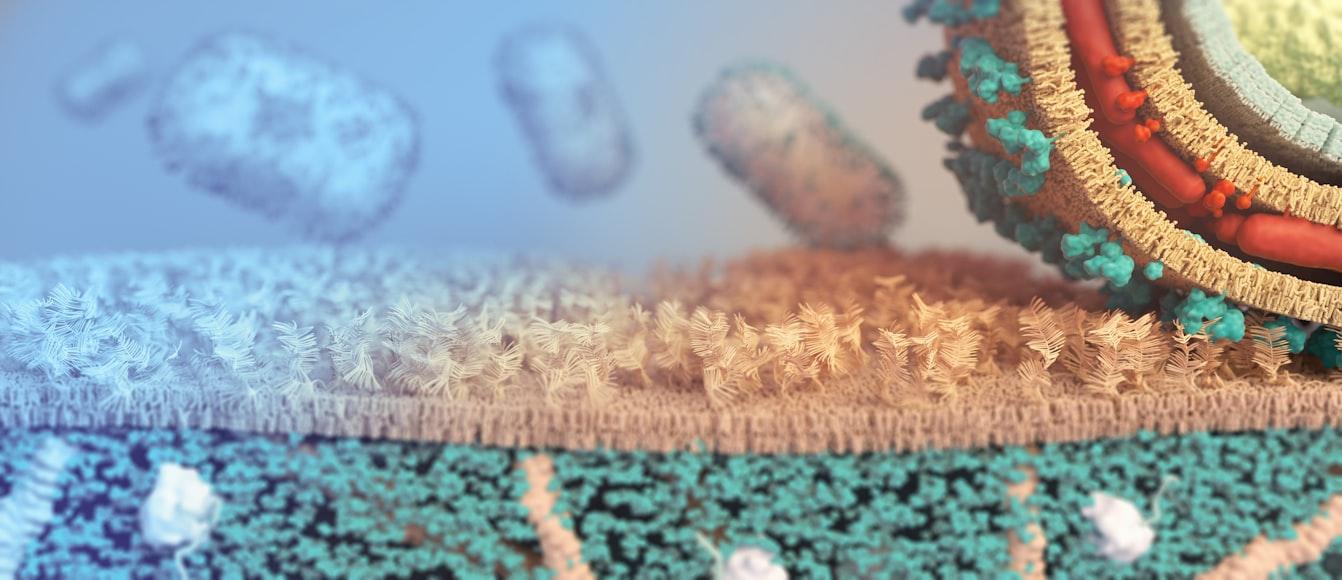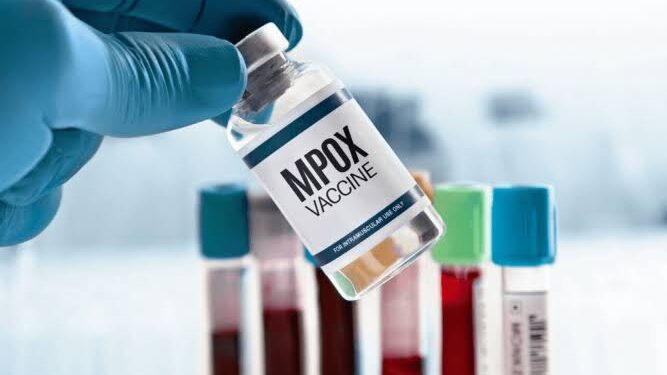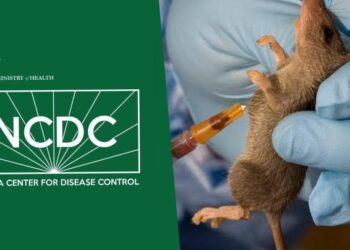Monkeypox is a viral infection that often physically announces itself through a few distinct features. It usually starts off with a flu vibe like making you feel feverish, and a couple of muscle aches here and there. Shortly after, a noticeable rash appears on your face which starts from the face, and then gradually spreads to other parts of the body. The rash doesn’t remain small, it progresses. It starts up with a flat red spot.
Gradually, these sports become raised bombs which are even more noticeable than the red spots. The bumps become filled with fluid, forming painful blisters. Monkeypox isn’t spread by monkeys though, rather it’s spread by squirrels and rats. In this article, we’re going to be looking at the available treatments and prevention of monkeypox.

Are There Any Available Treatments For Monkeypox?
Unfortunately, there isn’t a specific cure for monkeypox, but most people get better by treating the symptoms of monkeypox. Typically, monkeypox starts off with a flu vibe where you’d feel feverish and have headaches, before moving to bumps and blisters; another of its symptoms. The goal when treating monkeypox is to relieve headaches, and lower the body temperature, and keep the sores cleaned to prevent infection.
In some cases, doctors might prescribe antiviral medication which helps to fight the virus. Monkeypox usually lasts between 2 to 4 weeks. You’ll begin to see the symptoms within 1 to 2 weeks after you have been exposed to the monkeypox virus. It could be through direct contact with the infected person, or when you accidentally touch the bedding or clothing of an infected person. The rash can take a few more weeks to fully heal and for the scabs to fall off.
Can Monkeypox Cause Complications?
Yes, monkeypox can indeed cause complications. Many people recover from this disease without any serious complications. But it can still lead to some complications, especially if you are a person struggling with a weak immune system. It could be infection of the sores, pneumonia, or even inflammation of the brain, which is called encephalitis.
How Do You Prevent and Protect Yourself From Monkeypox?
Firstly, a vaccine for this disease is an option. Because monkeypox and smallpox belong to the same virus family called Poxviridae, the smallpox vaccine works against monkeypox. This vaccine prevents or at the very least makes monkeypox less severe, if you take the vaccine after exposure.
But the thing about monkeypox vaccines is that not everyone can get it easily, depending on where you live. Also, it’s mostly given to people that are at a higher risk of getting it, such as healthcare workers and people with a generally weak immune system.
Since monkeypox can spread through close contact like skin-to-skin contact, it is advisable to practice safe sex. This could be using a condom, or having fewer sexual partners. But to be on the safer side, avoid close contact with anyone who has symptoms like a rash or sores.
Furthermore, you have to practice good hygiene. You probably have heard this so many times, but you have to wash your hands often with soap and water. Avoid touching your face or body with unclean hands. If you’re taking care of someone who has monkeypox, you have to wear gloves and a mask. Lastly, disinfect anything they’ve touched with antiseptic liquid, to protect yourself and other people from getting hit by monkeypox.
Bottom Line
Monkeypox starts with flu-like symptoms and then causes a painful rash that spreads across your body. While there isn’t a specific cure, most people get better with proper care, but it can get serious, especially if your immune system is weak. The best way to protect yourself is by getting vaccinated if you can, practicing safe sex, and keeping up with good hygiene.

















